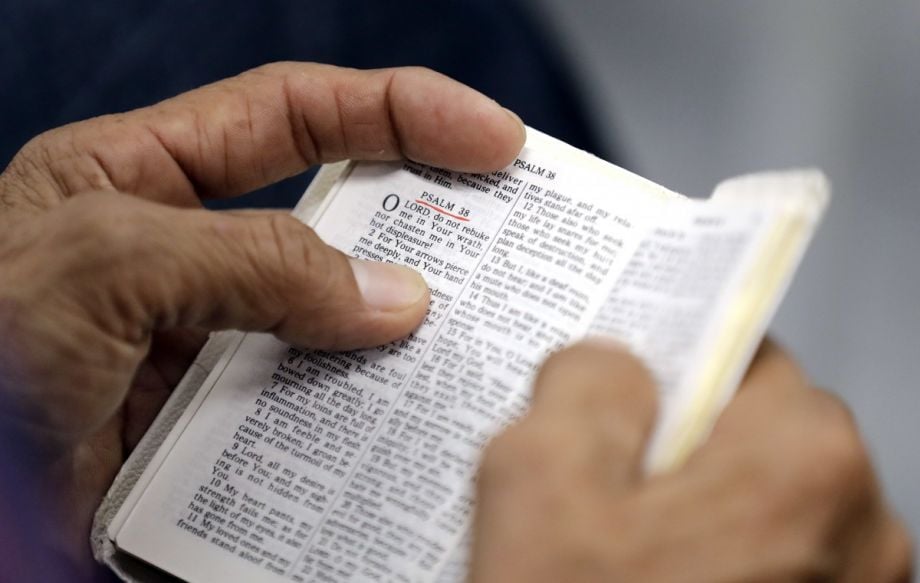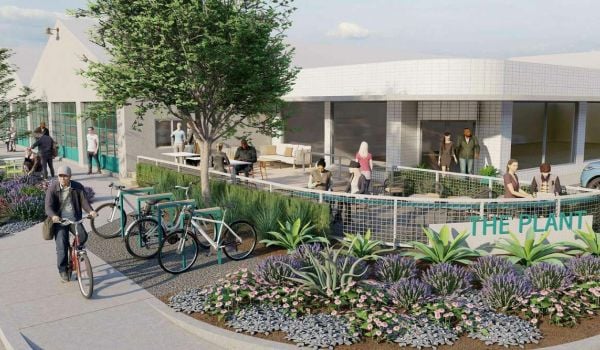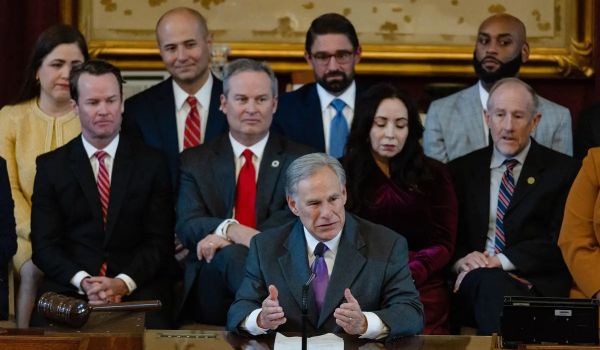Facilitated sharing of cars, spare rooms, office space, even power tools and wireless speakers is becoming an accepted norm. Now, a Houston-based entrepreneur is helping churches step into this 21st-century reality.
Church Space founder and CEO Day Edwards, a minister’s daughter, saw an unmet need among churches and fledgling ministries struggling with the costs of acquiring and maintaining their own buildings.
“There are a lot of storefront churches popping up, so you have small ministries with a lot of overhead,” she says. “You see so many asking for tithes and working to grow revenue when so much of their expense is tied up in their space.”
Many groups don’t even have storefronts. Edwards mentions having attended a service recently in a hotel. “I’ve worked in the hospitality industry. I know how much that can cost,” she says. “So I just imagined, every Sunday they’re doing this, and then they can’t have a weekday meeting for bible study. The amount of money they’re making that Sunday [from congregants’ offerings] probably doesn’t even cover costs.”
Even with social media and live-streaming, churches without some form of home base have a harder time building a stable congregation. “When you do not have a space, your congregation is very fickle. There’s no loyalty,” she says.
Growing up with a mother who was a “church planter” and a minister, Edwards says she witnessed new churches struggling in cramped spaces. While she chose not to pursue ministry formally — she is a coach and entrepreneur in public relations and the beauty pageant industry — she feels she’s following in her late mother’s footsteps.
“This is my ministry,” she says. “I was thinking of starting a co-working space for entrepreneurs, but God said, ‘No, you want a co-churching space.’ He gave me a beautiful vision — I saw a huge building with multiple churches under it, with a food court and a Starbucks and people co-churching.”
Inspired, she took the plunge, linking up with a partner who owns a number of properties in Texas and beyond. The spaces are redone for church use, with appropriate soft lighting, a piano, an organ, and audio and streaming equipment.
“It’s a church in a box,” Edward says. “You come in, you church, you leave.”
Clients renting from Church Space get a fixed Sunday time slot plus one weekday for other activities, such as pastor office time, bible study meetings and choir rehearsals. Capacity at any one site is about three churches per Sunday, but Edwards notes that some newer ministries are open to holding services on other days, which could allow more entities to share a space.
A few challenges have come up so far. Edwards expected mainly small groups, but some groups of 200 or more have shown interest. Some groups had concerns about appearing to operate out of someone else’s church. Now, along with the physical space, Church Space offers branding support and allows groups to highlight their individual branding while they’re in the space.
Church Space was launched just this fall, and Edwards says most of the initial spaces were scooped up quickly, well before the inaugural open house planned for Dec. 22 at Church Space’s flagship location in northwest Houston. “I had pastors lined up,” she says, speaking by phone with Next City just after showing a space on Houston’s south side. One pastor had been meeting for years in a barber shop, she says; others had been holding services in homes or hotels.
Church Space fees are lower than the going rate for hotel space, Edwards says. She cites hotel rates for a Sunday as $700 to $1,000, while her organization charges $450 for the allotted Sunday plus a weekday.
A high demand for shared church space comes as no surprise to Rev. Patrick Duggan, executive director of the United Church of Christ Church Building and Loan Fund. He sees how more building-sharing could benefit not only new churches, but existing ones that own buildings.
“There are a lot of underutilized church buildings on the landscape, and the congregations are under duress in terms of what to do,” Duggan says.
While not familiar with Church Space, the idea sounds “fantastic,” Duggan says. “It’s a sort of an Airbnb for churches,” he comments, echoing a comparison Edwards also makes.
While the growing shared economy model isn’t necessarily what caused churches to evolve, it’s facilitated a solution to a growing problem, Duggan says. “If you’re still in a 70s or 80s mindset, you’re going to have difficulty. For churches today, he says, “Costs are much higher for the same space, even a small space that a church could get by on.” Add in the additional challenge of dwindling congregations (“Say you have 12 people in a big empty building,” he says) and creative solutions are essential.
All that said, many churches do own buildings and often are deeply rooted in the physical space and the community. Duggan’s organization has helped build about 7,000 churches, he says, over 165 years. “You need space,” he says. “In Alaska or New England in February, you can’t have a ‘church without walls.’ You’re going to need space at some point. You need a kitchen, a bathroom, a space to work and organize.”
Duggan’s organization today assists churches in solving a variety of real estate problems, and solutions often include creating additional “missional uses” on church property, from housing to commercial and retail space.
“I recognize that churches have an upside-down relationship with their buildings, where it becomes the focus,” Duggan says. “Major building issues come along, and they need money. They’ll say, ‘Let’s cut the youth ministry, or let’s do a major fundraiser to fix the organ.’ Stained glass and roofs are important, but this is not about a building, this is about a ministry.”
For Church Space, with demand bursting forth faster than Edwards could have predicted, the future is still in flux, but she intends to ride the tide, expanding geographically and building a much larger team to handle operations in various locations. “This has happened very fast,” she says. “We have a goal to take this nationwide — to have a church space in every state.”
Sandra Larson is a Boston-based freelance writer covering urban issues and policy. Her work has also appeared in The New York Times, Guardian Cities and the Bay State Banner. See her work at sandralarsononline.com.
Follow Sandra .(JavaScript must be enabled to view this email address)














